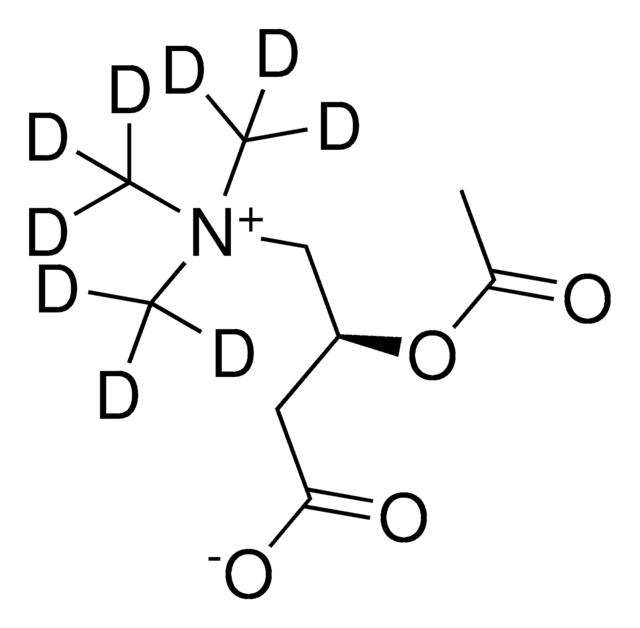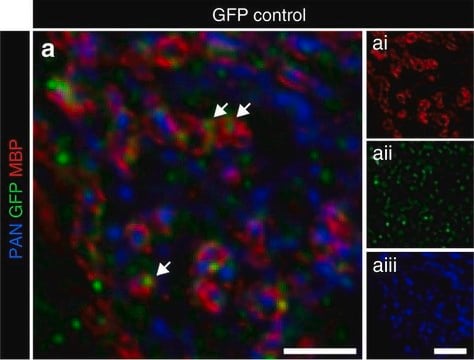ABE1867
Anti-MLL4 Antibody
from rabbit, purified by affinity chromatography
Sinónimos:
Histone-lysine N-methyltransferase 2D, ALL1-related protein, Lysine N-methyltransferase 2D, Myeloid/lymphoid or mixed-lineage leukemia protein 2
About This Item
Productos recomendados
biological source
rabbit
Quality Level
antibody form
affinity isolated antibody
antibody product type
primary antibodies
clone
polyclonal
purified by
affinity chromatography
species reactivity
human, mouse
technique(s)
ChIP: suitable (ChIP-seq)
western blot: suitable
NCBI accession no.
UniProt accession no.
shipped in
ambient
target post-translational modification
unmodified
Gene Information
human ... KMT2D(8085)
General description
Specificity
Immunogen
Application
Epigenetics & Nuclear Function
Chromatin Immunoprecipitation (ChIP) Analysis: A representative lot detected MLL4 (MLL2) occupancy on the PPAR 1, but not the PPAR 2, proximal promoter in MEFs, while MLL4 enrichment was found on PPARγ1, PPARγ2, and C/EBP promoters in differentiating murine brown preadipocytes (Cho, Y.W., et al. (2009). Cell Metab. 10(1):27-39).
ChIP-Sequencing (ChIP-seq) Analysis: A representative lot detected MLL4 MLL4 genomic enrichment sites in a cell type- and differentiation stage-specific manner (Lee, J.E., et al. (2013). Elife. 2:e01503).
Immunoprecipitation Analysis: A representative lot immunoprecipitated MLL3/MLL4 complex components (UTX, PTIP, RbBP5 and PA1) and C/EBPβ, but not Menin, from mouse brown preadipocyte nuclear extracts prepared at day 2 of adipogenesis (Lee, J.E., et al. (2013). Elife. 2:e01503).
Quality
Western Blotting Analysis: A 1:5,000 dilution of this antibody detected 50 ng of recombinant human MLL4 fragment.
Target description
Physical form
Storage and Stability
Other Notes
Disclaimer
¿No encuentra el producto adecuado?
Pruebe nuestro Herramienta de selección de productos.
Storage Class
12 - Non Combustible Liquids
wgk_germany
WGK 1
Certificados de análisis (COA)
Busque Certificados de análisis (COA) introduciendo el número de lote del producto. Los números de lote se encuentran en la etiqueta del producto después de las palabras «Lot» o «Batch»
¿Ya tiene este producto?
Encuentre la documentación para los productos que ha comprado recientemente en la Biblioteca de documentos.
Nuestro equipo de científicos tiene experiencia en todas las áreas de investigación: Ciencias de la vida, Ciencia de los materiales, Síntesis química, Cromatografía, Analítica y muchas otras.
Póngase en contacto con el Servicio técnico







